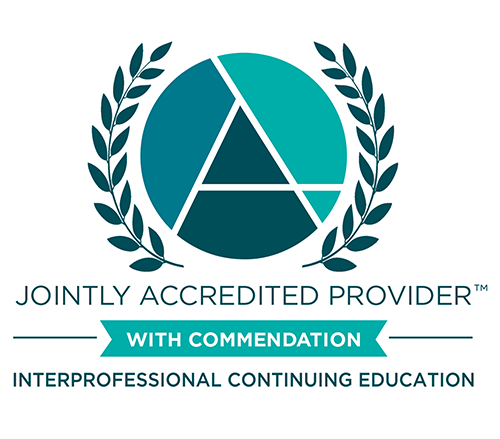Delirium in the Hospitalized Older Adult - Lauren Marshall, PA-C
Intended Audience
Advanced Practice Providers (CNM, CNS, CRNA, NP, PA)
Learning Objectives
As a result of this session, learners will be able to:
- Identify delirium as a medical emergency that demands early recognition and intervention to reduce its associated morbidity and mortality.
- Describe the clinical features of delirium, common causative factors, and the necessary elements of a bedside evaluation.
- Discuss the indications and efficacy of both non-pharmacologic and pharmacologic delirium management and prevention strategies.
FACULTY DISCLOSURE
It is the policy of the University of Wisconsin–Madison ICEP that the faculty, authors, planners, and other persons who may influence content of this CE activity disclose all relevant financial relationships with commercial interests* in order to allow CE staff to identify and resolve any potential conflicts of interest. Faculty must also disclose any planned discussions of unlabeled/unapproved uses of drugs or devices during the educational activity.
* The ACCME defines a commercial interest as any entity producing, marketing, re-selling, or distributing health care goods or services consumed by, or used on, patients. The ACCME does not consider providers of clinical service directly to patients to be commercial interests.
Disclosure of Unlabeled Use: The University of Wisconsin–Madison ICEP advises the participant that this continuing medical education activity may contain reference(s) to unlabeled or unapproved uses of drugs or devices.
For this educational activity all conflicts of interests have been resolved and detailed disclosures are listed below:
Accreditation Statement
 | In support of improving patient care, the University of Wisconsin–Madison ICEP is jointly accredited by the Accreditation Council for Continuing Medical Education (ACCME), the Accreditation Council for Pharmacy Education (ACPE), and the American Nurses Credentialing Center (ANCC) to provide continuing education for the healthcare team. |
Credit Designation Statements
American Medical Association
The University of Wisconsin–Madison ICEP designates this enduring activity for a maximum of 1.0 AMA PRA Category 1 Credits™. Physicians should claim only the credit commensurate with the extent of their participation in the activity.
American Nurses Credentialing Center (ANCC)
The University of Wisconsin-Madison School of Nursing, Continuing Education in Nursing designates this enduring activity for a maximum of 1.0 ANCC contact hour (of which 0.50 is eligible for pharmacotherapeutic credit).
Continuing Education Units
The University of Wisconsin–Madison, as a member of the University Continuing Education Association (UCEA), authorizes this program for .01 continuing education units (CEUs) or 1 hour.
Available Credit
- 1.00 AMA PRA Category 1 Credit™
- 1.00 ANCC Contact Hours
- 0.50 ANCC Pharmacotherapy Contact Hours
- 1.00 University of Wisconsin–Madison Continuing Education Hours
Required Hardware/software
Free, current version of Internet Explorer, Firefox, Safari, or Chrome with audio. Some older browsers and Microsoft Edge could produce error messages or not display the content correctly.
Free, current version of Adobe Acrobat Reader or other .pdf reader.

 Facebook
Facebook X
X LinkedIn
LinkedIn Forward
Forward